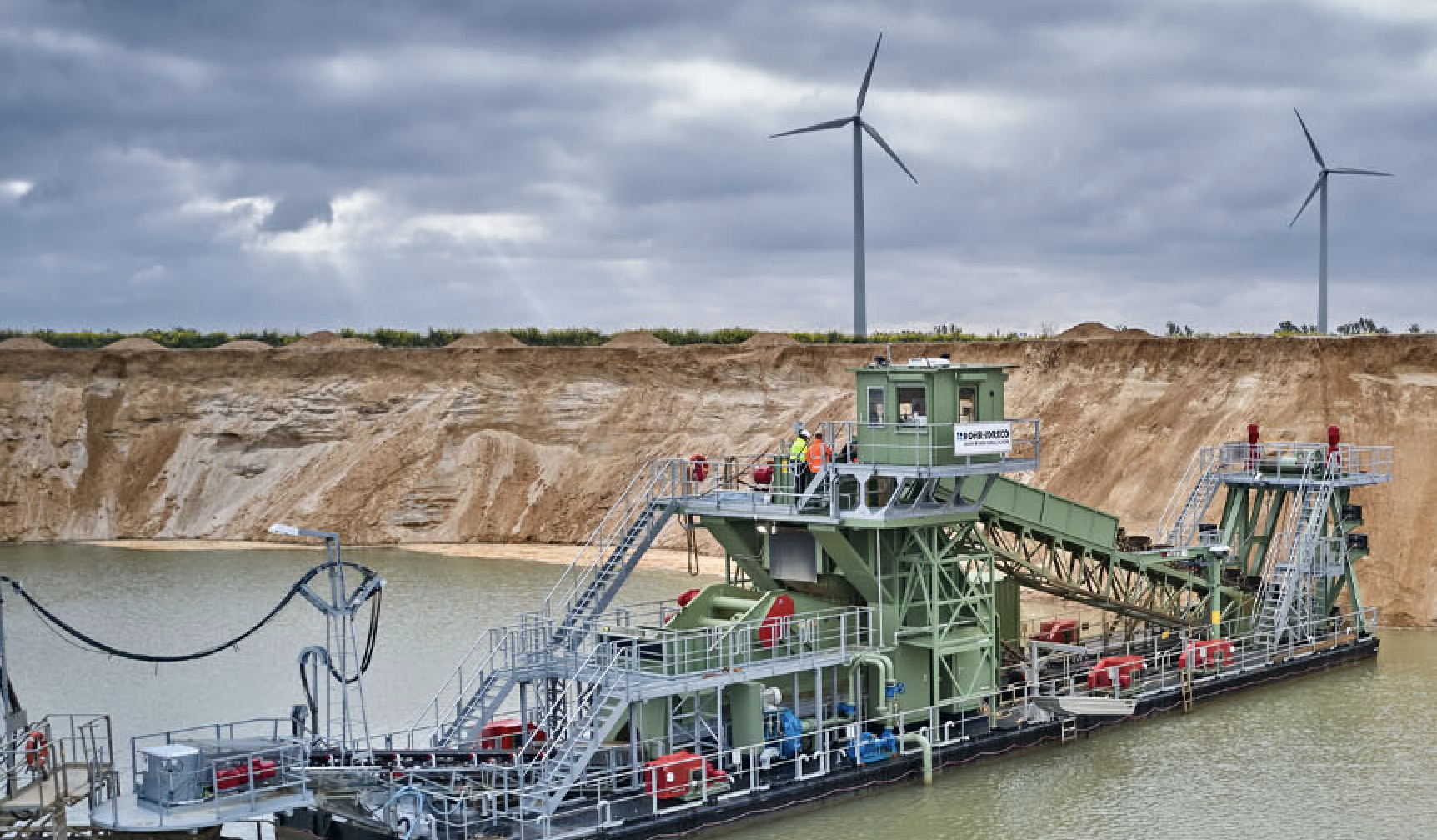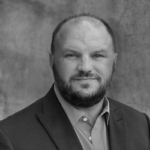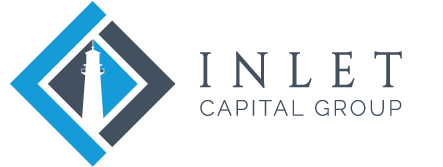Green Producers: Water
This article is the third of a five-part series on green producers, and why we should celebrate those who have been doing it well and will continue to do so.

Last month’s discussion centered on maximizing the resources in the ground, creative end-of-life designs, and the sizable financial impact that can have post mining. As we take the next step in comparing great operators to green operators, we consider water.
Very few operations feature a life of water balance. In most operations there is too much, too little, too deep, too shallow, too dirty, acidic, alkali—and often many of those in combination. In these instances, great operators make the best with the worst, understand their risks, have contingency plans, and work with high quality environmental managers, engineers, and teams to ensure best use of the sensitive and limited resource that is water.
Permitting
Permitting for water is different in nearly every state, but at its core, the goal of a permitting process is to ensure clean and efficient handling of water. It does not matter if you are permitting to get well water from a sensitive aquifer or discharge into waters of the U.S. What you need and how you use it are specific to your operation. Green operators work with their environmental team to ensure they design a permit request that suits the needs of the site, protects the resource, and provides business value. A great operator does the exact same thing.
Too Much…
Too much water can be a function of location; it can also be a function of weather events. Great operators have management systems in place for handling the water, whether it includes retention, hydraulic barriers, treatment, discharge, or all the above. The design is incorporated into the permitting and is usually cost effective, efficient, and effective at preventing any uncontrolled discharge or other pollution. The outcome is a green operator.
Too Little…
When water is unavailable or available in limited quantities, maximizing the benefit of what you have is critical. Acquiring make-up water from wells, rivers, or lakes can be both challenging and expensive. Efficient use of the amounts required helps drive cost down, a key objective of the great operator. Eliminating wasteful leaks, recycling water onsite, and maximizing recovery all contribute to this objective, as does the targeted use of innovative alternatives such as compressed air in lieu of water for material cleaning. Although not the primary focus of a great operator, the efficient use of this precious resource makes them a green operator.

Wetlands…
Wetlands are highly sensitive, difficult to work with, and a huge opportunity for great operators. Many operations have been defeated by wetlands, but great operators, working closely with their environmental team, find cost-effective ways to manage wetlands. And in many operations, the mining process creates wetlands that prove to be excellent end of life reclamation success stories, benefiting the community and the environment while bolstering the great operator’s reputation. It is no coincidence the green operator often takes the same approach.
Energy…
In the next article, we will address the efficient use of energy in detail, but it’s hard to ignore the energy consumed when handling water. Moving water consumes a tremendous amount of energy, with some of the largest motors on a site tied to pumps. Great operators, ever concerned about energy costs, work diligently to ensure no more water is moved or consumed than is necessary. Here again, the great operator’s focus on minimizing cost translates into better water management and reduced energy consumption. Thus, another green operator is found.
If you follow the trail of water through a site, you will quickly spot when it is well-managed. Clean sites, minimal wasted water, no uncontrolled discharges, and efficient dust control are all signs of a great operator. The effect of these efforts is a green operator—a great, green operator.
About the author:
 Richard Crowe is senior consultant for Inlet Capital Group. He has nearly 20 years of experience in plant and area level operations management. He can be reached at rcrowe@inletcapitalgroup.com or 561-529-5569.
Richard Crowe is senior consultant for Inlet Capital Group. He has nearly 20 years of experience in plant and area level operations management. He can be reached at rcrowe@inletcapitalgroup.com or 561-529-5569.
